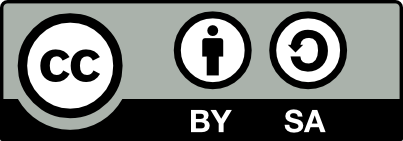Vom (nicht) universellen Charakter der Witze und deren Übersetzungsproblemen (am Beispiel des Deutschen und Polnischen) / The (Non-)universal Character of Jokes and Their Translation Problems (Using the Example of German and Polish))
DOI: 10.23817/lingtreff.27-17 (published online: 2025-06-25)
pp. 279–292
Keywords: situation comedy, translation problems, jokes, word comedy, puns
Jokes are one of those linguistic forms that occur everywhere in the world and can therefore be considered universal. They express a general human tendency towards humor. However, this does not mean that all people have the same sense of jokes, which are strongly culturally, historically and/or politically conditioned and also change over time. This also results in many problems with understanding and later translating them. However, probably because of their seemingly banal character, they are rarely scientifically studied. This article attempts to show the universal character of jokes and possible problems with their translation using the example of German and Polish. Both their meaning and their linguistic form were analysed. After the general characteristics and classification of jokes, a linguistic analysis of selected German and Polish jokes was carried out. It proved the universal character of the subject matter of most jokes with situational comedy based on common human stereotypes or experiences. Cultural differences force only a few changes in the area of culturally specific, prototypical elements in their translation. The translation of jokes with word comedy seems to be much more problematic, even if their subject matter is otherwise universal. The puns that appear in them make their literal translation impossible. They force the translator to search for adequate puns in the target language. In this sense, the results of the study may be relevant for translation teaching.

